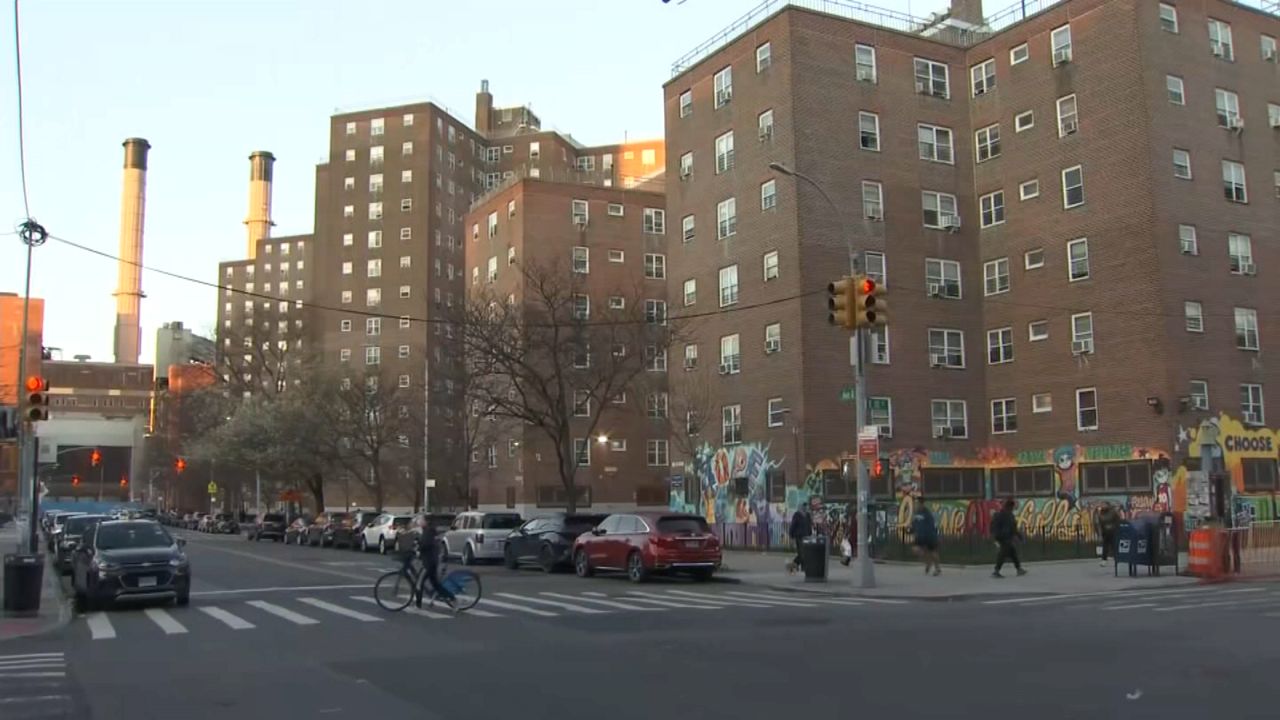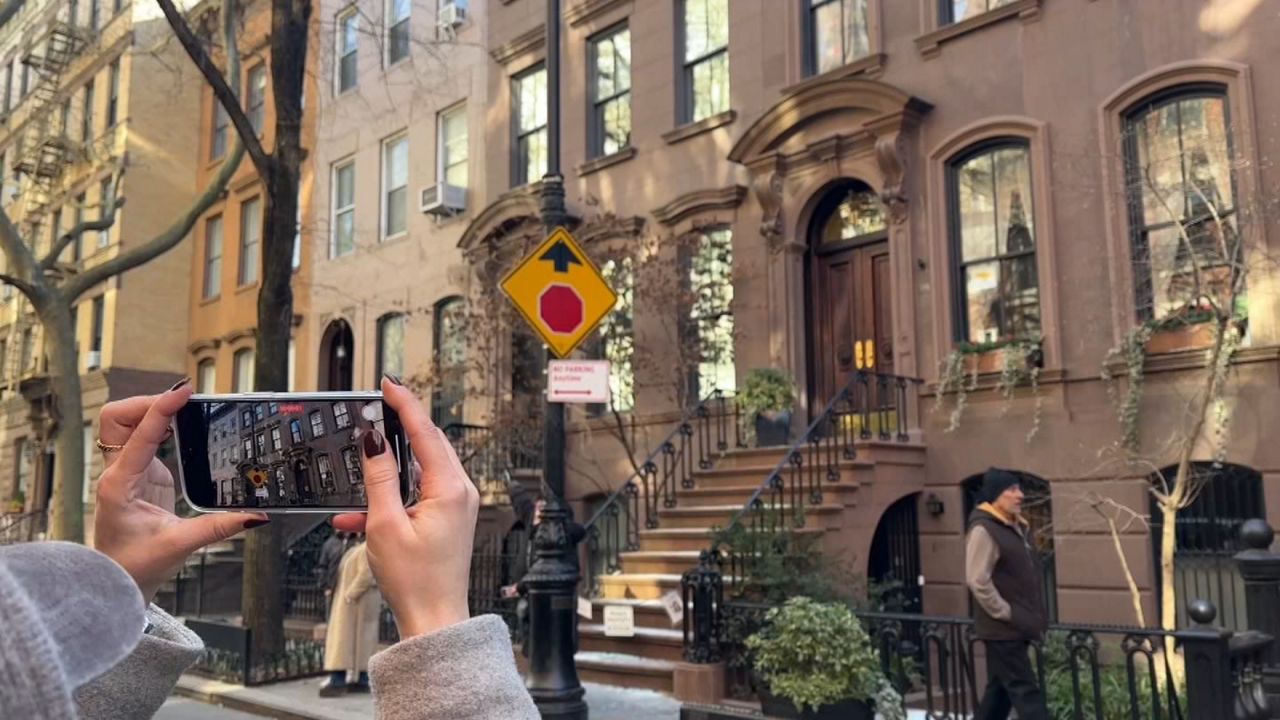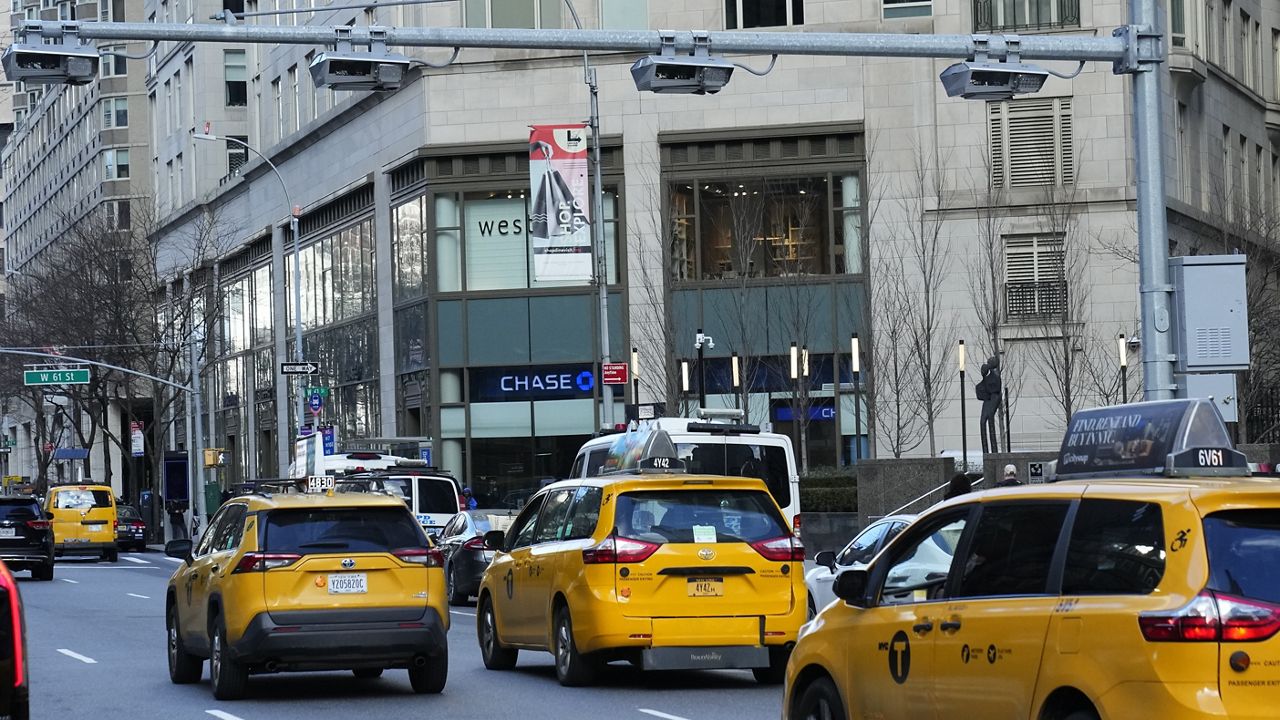People looking to rent their apartments on Airbnb may soon get fined if they do it illegally.
That's if landlords register their buildings on a city “prohibited buildings” list that launched March 6. The landlord can avoid the city fine, and their renters would get dinged.
Almost 1,500 landlords have applied for the prohibited buildings list. Meanwhile, only 52 prospective hosts have applied to legally register to list their unit.
As many as 12,000 short-term rentals recently and frequently booked on Airbnb may be illegal, according to the city, because a person can't rent out a whole unit for less than 30 days, and they must be at the unit for the person's stay.
As short-term rentals have grown in popularity, housing advocates have criticized the loss of these units from the long-term housing market, reducing inventory, thereby increasing rental prices.
“There is a ton of compliance that the property owner needs to meet, but not so much the tenant,” property manager Aaron Weber said.
Weber said he’s pleased City Council passed Local Law 18, which requires short-term renters to register with the city. The prohibited buildings list enabled the city to deny applications from prospective hosts where the landlord does not allow it.
“For management, it makes our lives much easier. And we know it’s more organized,” Weber said.
The list also passes along fines to tenants who are illegally hosting guests. Existing law said short-term rental hosts can have no more than two people staying inside their units. And hosts must be in the home for the duration of the stay.
“I believe in your home, you should do as you please,” Airbnb host Maru Rabinovitch said.
Rabinovitch legally rented out two rooms in her Upper West Side apartment. But she has concerns about getting fined by the city if she leaves her apartment for any amount of time.
"I should be able to go out to dinner and not be here," Rabinovitch said. Rabinovitch is also worried about her privacy in having to register with the city.
The city counters that the information provided like name, phone number and proof of permanent occupancy are no more than a person would use for any other government service.
Rabinovitch, though, said she may stop renting out her rooms.
"I don’t think my two rooms are going to solve the housing crisis," Rabinovitch said.
“I think this law will wipe out a lot of people who will think twice about the fine for doing it,” real estate lawyer Adam Lindenbaum added.
Lindenbaum said most of his clients are landlords who don’t want their tenants posting apartments for short-term rentals, and he believes the new law will solve that dispute and help put more rentals back into the long-term marketplace.
"This is that rare situation where I think permanent rent-stabilized tenants who want to make their life here in the city and landlords are somewhat aligned, because everyone wants permanent tenants in rent-stabilized housing," Lindenbaum said.
The city will start issuing fines to people who violate the registration law in July.
To apply to either register to become a host or to have a building put on the prohibited buildings list, click here.






_DNT_Homeless_Sweep_Bill_Data_CLEAN)

